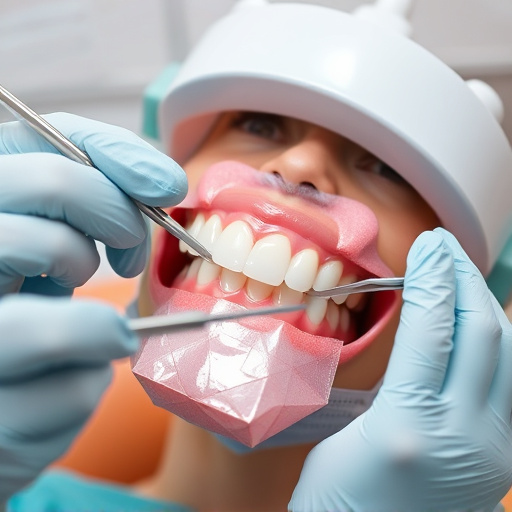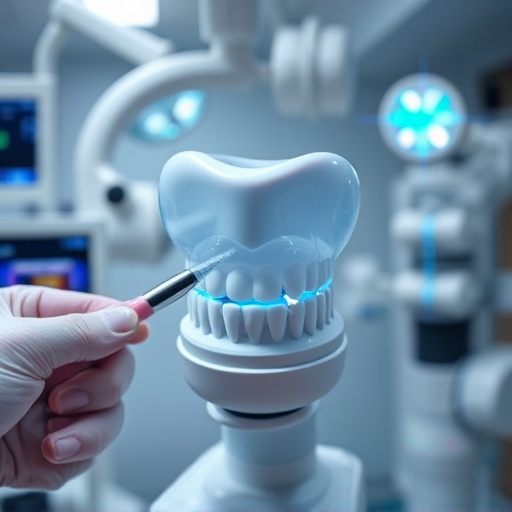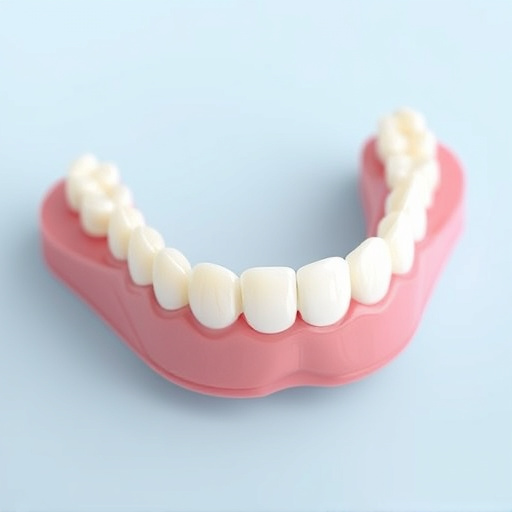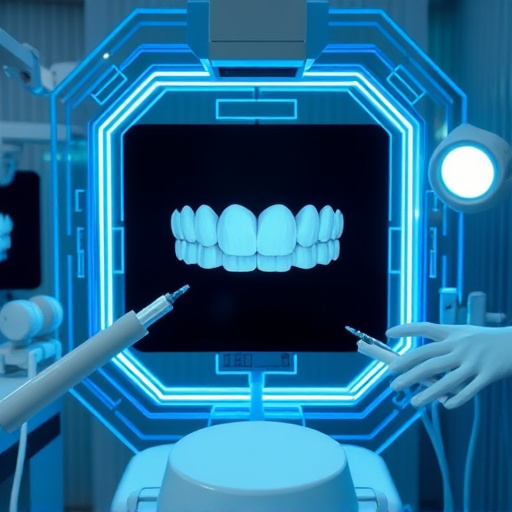Gum disease, caused by bacterial infections leading to inflammation and tissue damage, requires antibiotic therapy treatment for effective management. This therapy reduces bacteria and inflammation, promoting healing when combined with proper oral hygiene and regular dental check-ups. Long-term relief necessitates a multifaceted approach integrating advanced preventive dentistry measures like dental bonding and implants, alongside antibiotic therapy treatment, for optimal oral health and well-being.
Gum disease, a common oral health issue, can lead to severe complications if left untreated. This article explores how antibiotic therapy treatment plays a pivotal role in managing gum disease effectively. We delve into the understanding of this condition and its impact on overall health. Additionally, we highlight specific management strategies that, combined with antibiotic therapy treatment, offer long-term relief and improved oral wellness.
- Understanding Gum Disease and Its Impact
- Role of Antibiotic Therapy in Treatment
- Effective Management Strategies for Long-Term Relief
Understanding Gum Disease and Its Impact
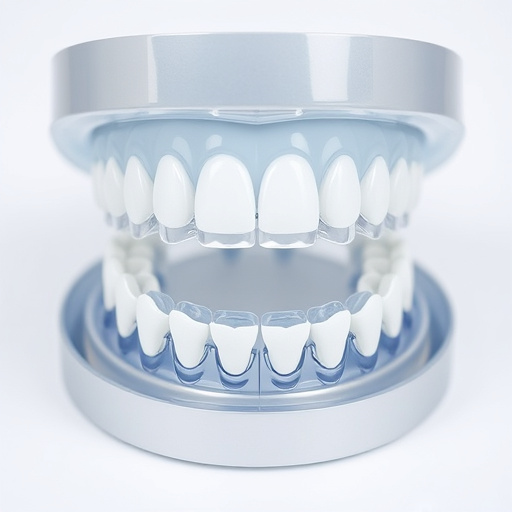
Gum disease, a common oral health issue, affects millions worldwide, often going unnoticed until it reaches advanced stages. It is caused by bacterial infections in the gums, leading to inflammation and potential tissue damage. If left untreated, gum disease can result in severe consequences, including tooth loss, bone erosion, and even systemic health problems. The impact extends beyond the mouth, as research suggests a link between periodontal diseases and various systemic conditions like cardiovascular disease and diabetes.
Antibiotic therapy treatment plays a pivotal role in managing gum disease effectively. By introducing antibiotics targeted at specific bacteria, this approach can help reduce inflammation, eliminate infections, and promote healing. What’s more, combining antibiotic therapy with meticulous oral hygiene practices and regular dental check-ups offers a comprehensive strategy to combat gum disease. This proactive approach not only improves oral health but also contributes to overall well-being, especially when integrated into routine family dentistry care or explored through innovative options like clear aligners for those seeking cosmetic fillings alternatives.
Role of Antibiotic Therapy in Treatment

Antibiotic therapy plays a pivotal role in managing gum disease, an often-overlooked yet significant oral health issue. By targeting bacterial infections at their root, antibiotics can effectively curb inflammation and prevent further damage to gum tissues. This treatment approach is particularly beneficial for patients with severe periodontal diseases, where traditional methods might not suffice.
In conjunction with dental cleanings and routine oral exams, antibiotic therapy offers a comprehensive solution. For instance, clear aligners, while popular for straightening teeth, also contribute to improved oral hygiene when combined with proper care and antibiotics. This multi-faceted approach ensures that gum disease is addressed on multiple fronts, promoting better long-term outcomes and maintaining overall oral health.
Effective Management Strategies for Long-Term Relief

Effective management strategies for long-term relief from gum disease involve a multifaceted approach. Besides regular dental check-ups and proper oral hygiene practices, antibiotic therapy treatment plays a significant role in managing and preventing the progression of periodontal diseases. Antibiotic therapy is particularly useful in reducing bacterial load and controlling inflammation within the gums.
Integrating preventive dentistry measures like dental bonding and dental implants can further enhance long-term relief. These procedures not only restore oral health but also maintain the structural integrity of the smile, ensuring that gum disease does not resurface. A comprehensive care plan involving both antibiotic therapy treatment and advanced restorative options provides a holistic solution for managing gum disease effectively, thereby promoting overall oral health and well-being.
Antibiotic therapy treatment plays a vital role in managing gum disease, offering effective relief and long-term solutions. By understanding the condition’s impact and combining it with targeted antibiotic interventions, patients can achieve better oral health outcomes. Integrating these treatments with strategic management strategies ensures a comprehensive approach to combating gum disease, promoting overall well-being.








